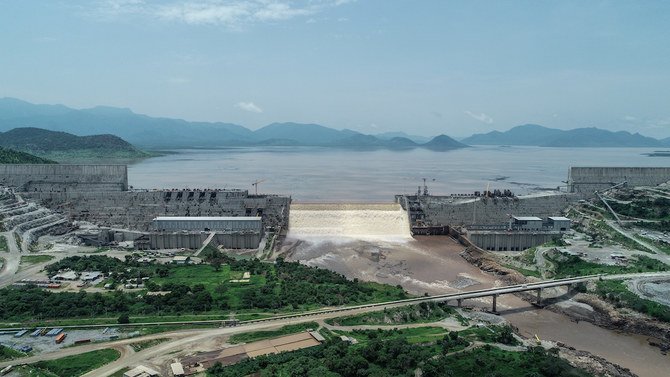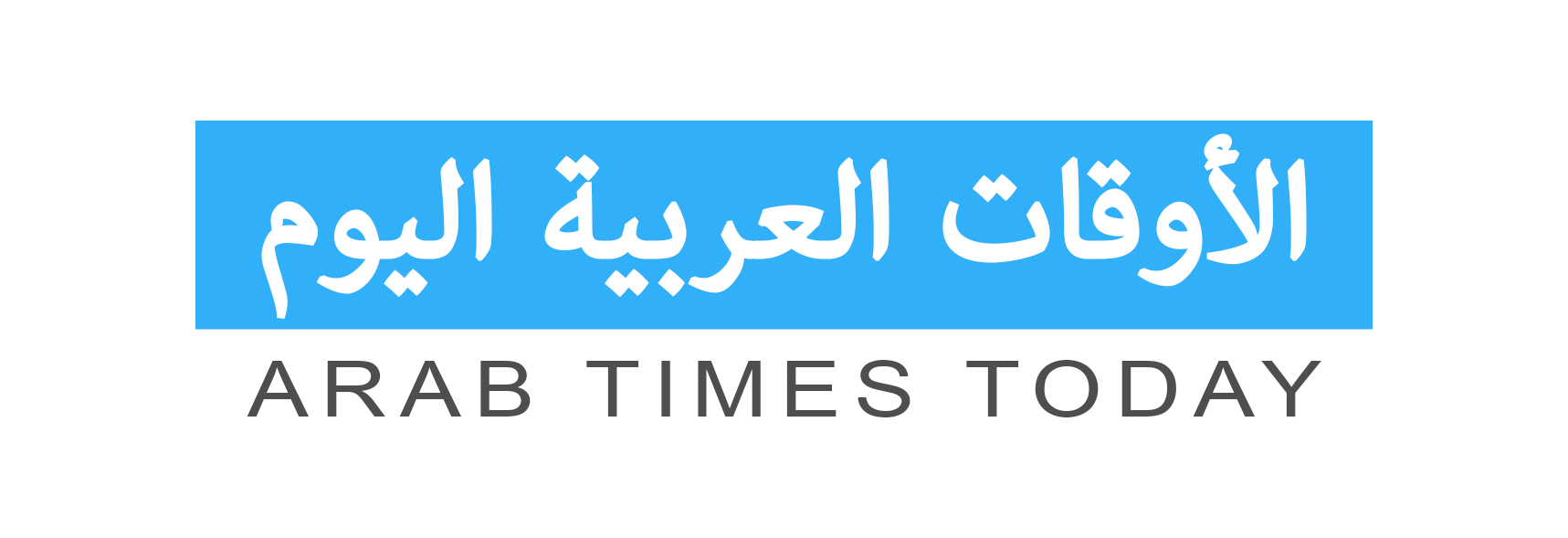Three key Nile basin countries on Monday resumed their negotiations to resolve a years-long dispute over the operation and filling of a giant hydroelectric dam that Ethiopia is building on the Blue Nile, officials said.
The talks came a day after tens of thousands of Ethiopians flooded the streets of their capital, Addis Ababa, in a government-backed rally to celebrate the first stage of the filling of the Grand Ethiopian Renaissance Dam’s 74 billion-cubic-meter reservoir.
Ethiopia’s announcement sparked fear and confusion downstream in Sudan and Egypt. Both Khartoum and Cairo have repeatedly rejected the filling of the massive reservoir without reaching a deal among the Nile basin countries.
Ethiopia says the dam will provide electricity to millions of its nearly 110 million citizens, help bring them out of poverty and also make the country a major power exporter.
Egypt, which depends on the Nile River to supply its booming population of 100 million people with fresh water, asserts the dam poses an existential threat.
Sudan, between the two countries, says the project could endanger its own dams — though it stands to benefit from the Ethiopian dam, including having access to cheap electricity and reduced flooding. The confluence of the Blue Nile and the White Nile near Khartoum forms the Nile River that then flows the length of Egypt and into the Mediterranean Sea.
Irrigation ministers of Egypt, Sudan and Ethiopia took part in Monday’s talks, which were held online amid the coronavirus pandemic. The virtual meeting was also attended by officials from the African Union and South Africa, the current chairman of the regional block, said Sudan’s Irrigation Minister Yasir Abbas. Officials from the US and the European Union were also in attendance, said Egypt’s irrigation ministry.
Technical and legal experts from the three countries would resume their negotiations based on reports presented by the AU and the three capitals following their talks in July, Abbas said. The three ministers would meet online again on Thursday, he added.
Ethiopian Prime Minister Abiy Ahmed attributed the reservoir’s filling to the torrential rains flooding the Blue Nile — something that occurred naturally, “without bothering or hurting anyone else.”
However, Egypt’s Irrigation Minister Mohammed Abdel-Atty said the filling, without “consultations and coordination” with downstream countries, sent “negative indications that show Ethiopian unwillingness to reach a fair deal.”
Ethiopia’s irrigation ministry posted on its Facebook page that it would work to achieve a “fair and reasonable” use of the Blue Nile water.
Key sticking points remain, including how much water Ethiopia will release downstream if a multi-year drought occurs and how the countries will resolve any future disputes. Egypt and Sudan have pushed for a binding agreement, which Ethiopia rejects and insists on non-binding guidelines

